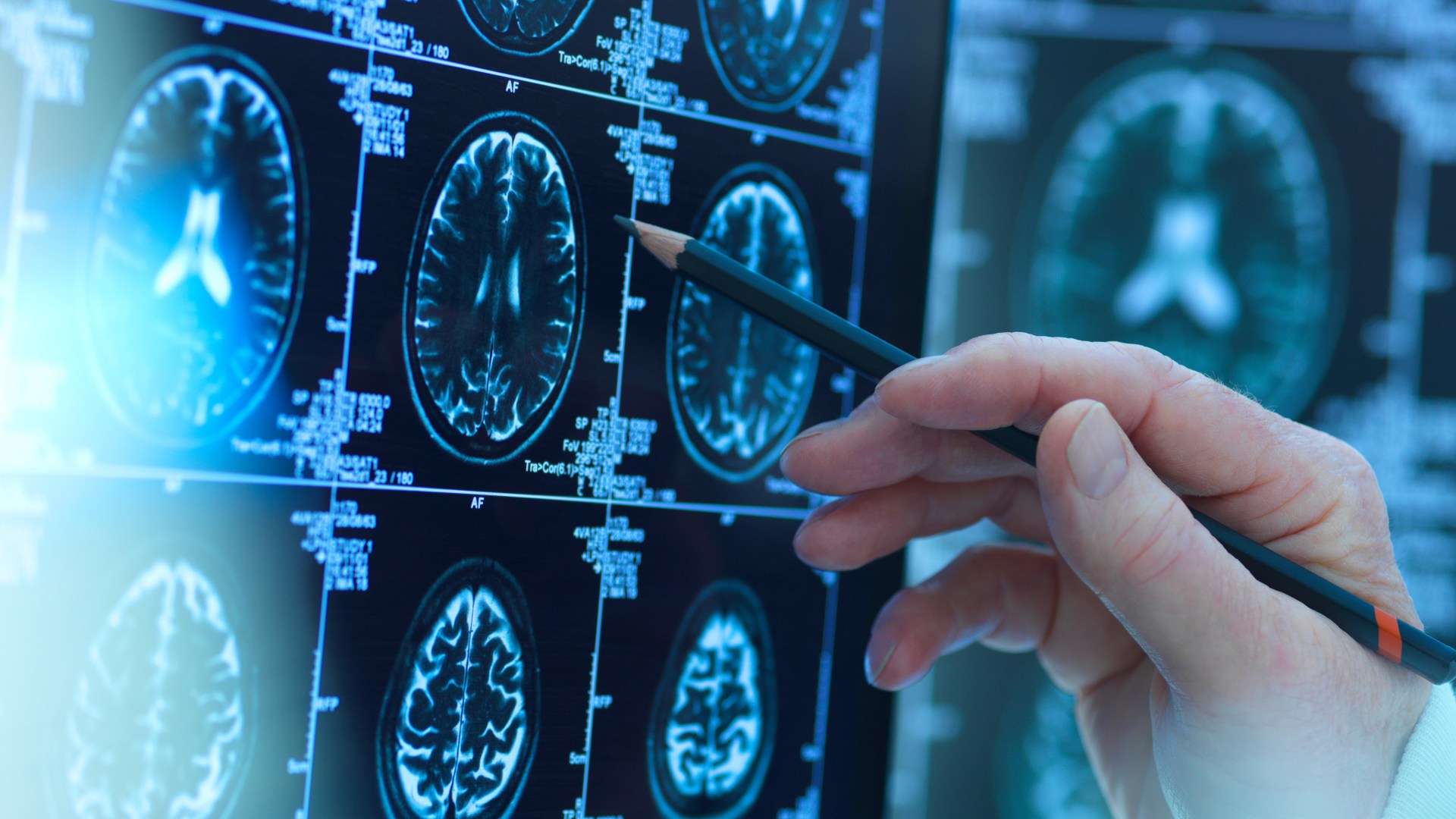Health
Breakthrough Injection Shows Potential to Reverse Alzheimer’s Disease

Researchers at the University College London have developed a groundbreaking injection that demonstrates potential to reverse the effects of Alzheimer’s disease in mice. This innovative treatment targets the removal of toxic waste from the brain, offering new hope in the fight against a condition that currently affects over 600,000 people in the United Kingdom alone.
Alzheimer’s disease, a progressive neurodegenerative disorder, leads to a gradual decline in memory and cognitive function. It is the leading cause of dementia and poses significant challenges for patients, families, and healthcare systems. The recent study, published on October 15, 2023, reveals promising results that could pave the way for future treatments in humans.
Promising Results in Animal Testing
In the study, scientists observed that the injection effectively shifted harmful proteins away from the brain cells of treated mice. This process not only improved cognitive function but also reversed some of the damage caused by Alzheimer’s. The team used sophisticated imaging techniques to track changes in the brain, demonstrating a marked reduction in toxic build-up.
Lead researcher Dr. Sarah Thompson, a neuroscientist at University College London, stated, “This research is a significant step forward. While we have only tested this in mice, the results are encouraging and suggest that we could see similar effects in human trials.”
The injection works by stimulating the brain’s own waste clearance systems. As Alzheimer’s disease progresses, the accumulation of amyloid plaques and tau tangles disrupts normal function, leading to cognitive decline. By enhancing the brain’s ability to clear these toxins, researchers hope to restore cognitive abilities in affected individuals.
Next Steps for Human Trials
While the results in mice are promising, researchers emphasize that further studies are necessary before moving to human trials. The team is currently working to secure funding and regulatory approval for clinical studies that will assess the injection’s safety and efficacy in humans.
The implications of this research could be profound. If successful in humans, the injection might not only halt the progression of Alzheimer’s disease but potentially reverse its effects, shifting the paradigm of treatment for this debilitating condition.
Dr. Thompson remarked, “Our ultimate goal is to bring this treatment to patients who desperately need new options. Alzheimer’s is a devastating illness, and we are determined to make a difference.”
As the scientific community watches closely, the ongoing research highlights the importance of innovative approaches in tackling Alzheimer’s disease. With continued investment and dedication, there is hope that breakthroughs like this injection could lead to effective therapies for millions affected by dementia worldwide.
-

 Top Stories3 months ago
Top Stories3 months agoTributes Surge for 9-Year-Old Leon Briody After Cancer Battle
-

 Entertainment4 months ago
Entertainment4 months agoAimee Osbourne Joins Family for Emotional Tribute to Ozzy
-

 Politics4 months ago
Politics4 months agoDanny Healy-Rae Considers Complaint After Altercation with Garda
-

 Top Stories4 months ago
Top Stories4 months agoIreland Enjoys Summer Heat as Hurricane Erin Approaches Atlantic
-

 World5 months ago
World5 months agoHawaii Commemorates 80 Years Since Hiroshima Bombing with Ceremony
-

 Top Stories3 months ago
Top Stories3 months agoNewcastle West Woman Patricia Foley Found Safe After Urgent Search
-

 Top Stories5 months ago
Top Stories5 months agoFianna Fáil TDs Urgently Consider Maire Geoghegan-Quinn for Presidency
-

 World5 months ago
World5 months agoCouple Convicted of Murdering Two-Year-Old Grandson in Wales
-

 World5 months ago
World5 months agoGaza Aid Distribution Tragedy: 20 Killed Amid Ongoing Violence
-

 World5 months ago
World5 months agoAristocrat Constance Marten and Partner Convicted of Infant Murder
-

 Top Stories4 months ago
Top Stories4 months agoClimbing Errigal: A Must-Do Summer Adventure in Donegal
-

 Top Stories4 months ago
Top Stories4 months agoHike Donegal’s Errigal Mountain NOW for Unforgettable Summer Views









